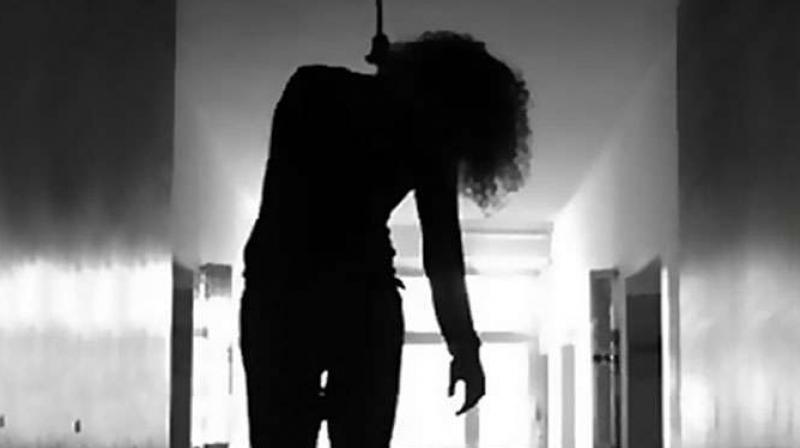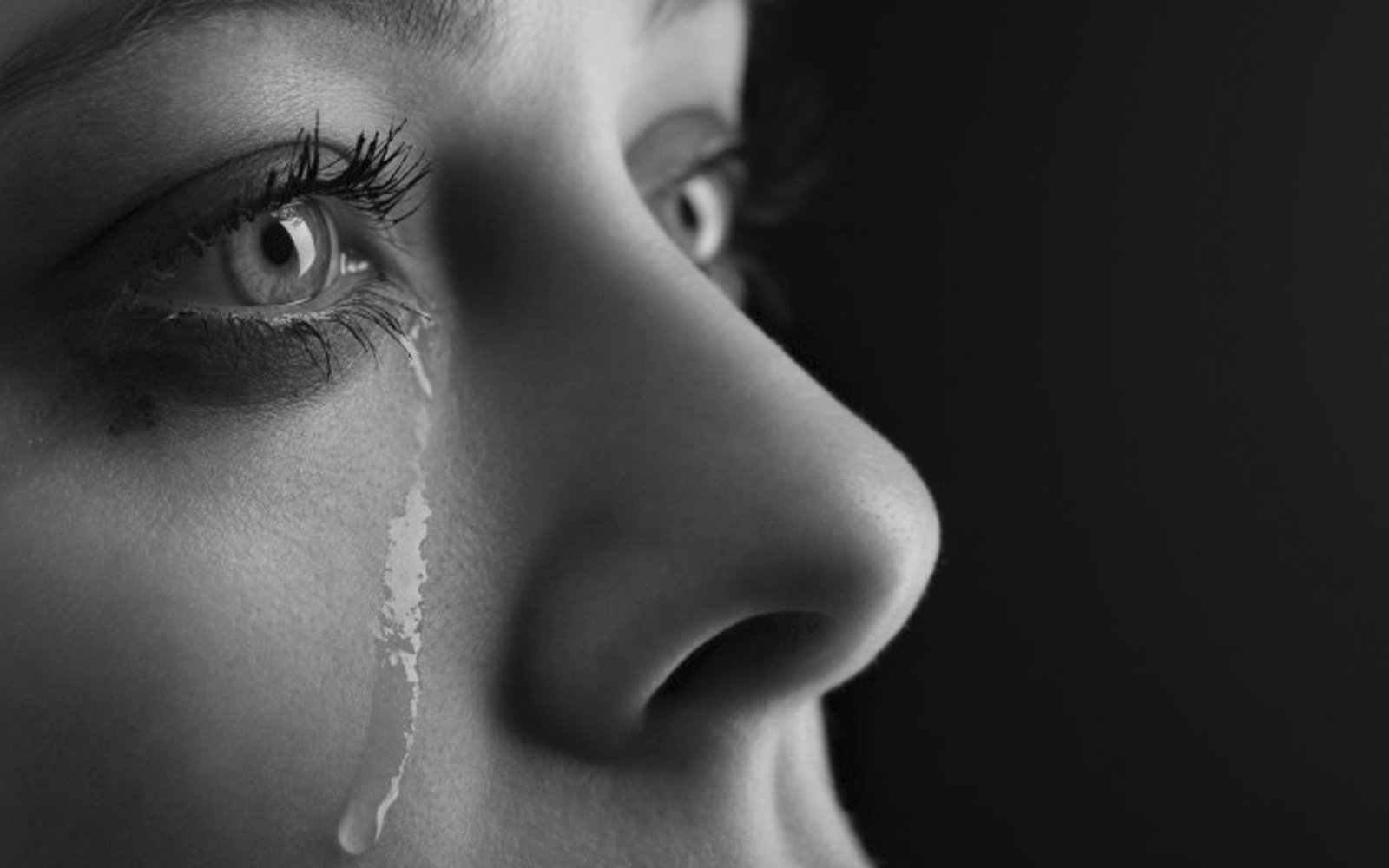Two out of five women who commit suicide are Indian
Indian women topped the global charts, albeit on a gloomy tone, constituting around 40 per cent of the total suicides committed by the fairer sex worldwide.

London: Indian women topped the global charts, albeit on a gloomy tone, constituting around 40 per cent of the total suicides committed by the fairer sex worldwide.
A study recently published in UK medical journal Lancet, found that nearly two in every five women in the world who kill themselves, are Indian.
According to the study, 30 per cent of married women in India experience spousal violence and 3.3 per cent married women experience violence during pregnancy.
Though the rate of Indian women who die by suicide has fallen since 1990, the decline in numbers is not as fast as elsewhere in the world, and now represents 36.6 per cent of global female suicide deaths, the report pointed out.

The suicide rate among Indian women was three times higher than what might be predicted for a country with similar geography and socio-economic indicators, the researchers said.
Indian women who died by suicide were more likely to be married, to be from more developed states and, by a large margin, aged below 35.
'It shows that girls in India are in a serious trouble ,' said Poonam Muttreja, executive director of Population Foundation of India, a New Delhi-based public health group.
Also Read |
Lifestyle: Avoid these 8 food items before your wedding day
Also Read: Women judged more than men for hate speech
She and other specialists blamed the trend on early marriage - one-fifth of Indian women still marry before the age of 15, along with male violence against women and other symptoms of a deeply entrenched patriarchal culture.
Shalina Mehta, social anthropologist and a retired professor of Panjab University, Chandigarh, said 'A large number of suicides happen in India because of the family's reluctance to get their daughter back, even though she is suffering in a bad marriage. While the daughter is perceived as a liability, parents view the son as an asset.

'They do not welcome even an independent working daughter home, if she is in an unhappy marriage. Separation from husband means enduring accusations of destroying the family harmony. A financially dependent daughter, with children, suffers even more, as neither her father, nor brothers are willing to take her responsibility,' Ms Mehta pointed out.
According to Vinesh D Chandramaniya, Mental Health Expert, Sahajanand Mind Point Mental Wellness Clinic, Mumbai, 'As a society, we lack greater public awareness and united action across all communities. We have very less local support and community mental health schemes to prevent suicides.
'There is a huge need for targeted responses for high-risk groups and shared responsibility across government, private and non-government sectors to build mentally healthy workplaces. We attach stigma to mental illness. Unless that is removed, we cannot check suicides,' Dr Chandramaniya added.
According to the report, one of the many factors was the regressive and patriarchal social and cultural norms in the country.
Also Read |
Menopause defines transformation in woman's life
Maximum suicides by women continue to be committed in the age group of 15 to 39 years. Another factor that drove women to suicide was dual stress, both at work place and at home, added with sexual exploitation at either or both spaces.
Having dreams and aspirations, but no spousal support, they find themselves trapped in difficult system and social milieu. There has been a spike in such cases in the recent past, it said.
Violence affects the mental health status of women and results in concerns such as post-traumatic stress disorder, anxiety, depression and eating disorder – all of which can contribute to suicidal tendencies, the research found.
Also Read: Women, drink more water to reduce bladder infections
According to Dr Chandramaniya, 'India's overall part in global suicide deaths increased from 25.3 per cent in 1990 to 36.6 per cent in 2016. The suicide rate by women in the country is currently 16.4 per 100,000, making it the sixth highest number in the world.
'There is a need to create a healthy and safe environment for women, addressing their needs properly and effectively, listening to their issues, providing proper sex education at primary and middle school levels to prevent sexual abuse.

'There is a gradual increase in awareness through efforts of mental health and psychiatric associations at the individual, state and national levels. Social media is also playing a slow yet steady and positive role in creating awareness about mental health, particularly that of women,' Dr Chandramaniya added. (UNI)
 Dynamite News
Dynamite News 